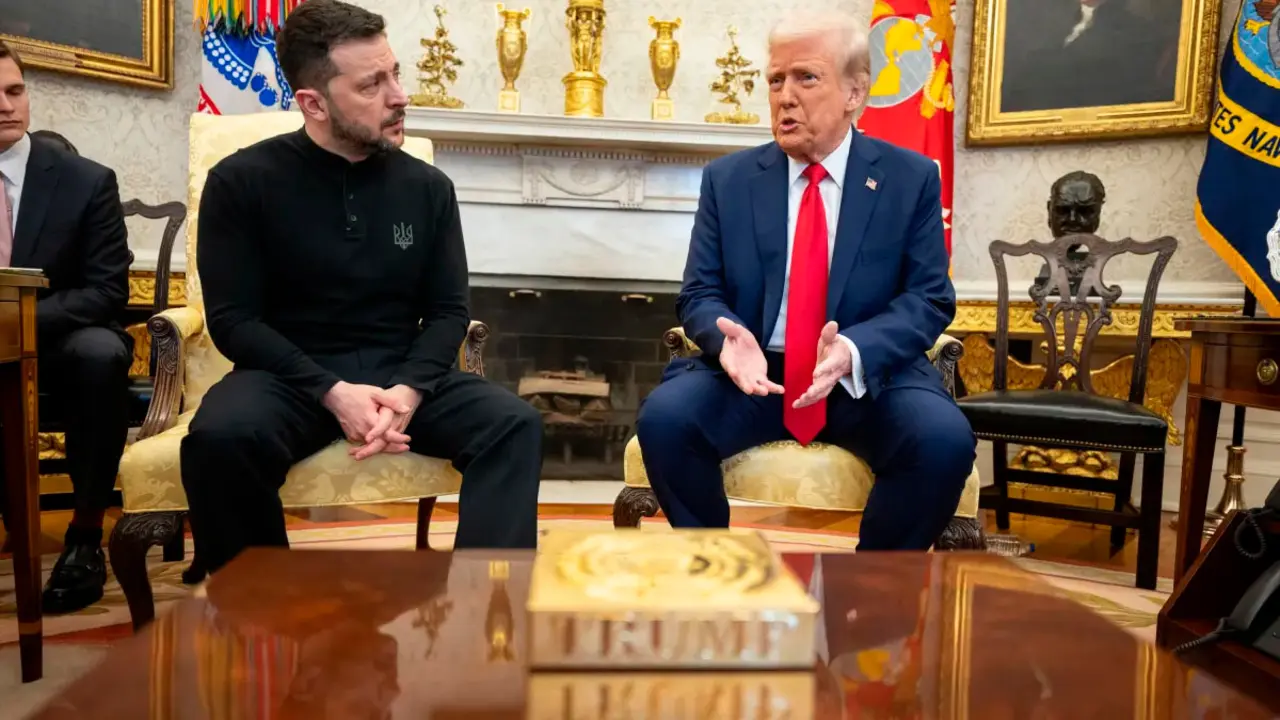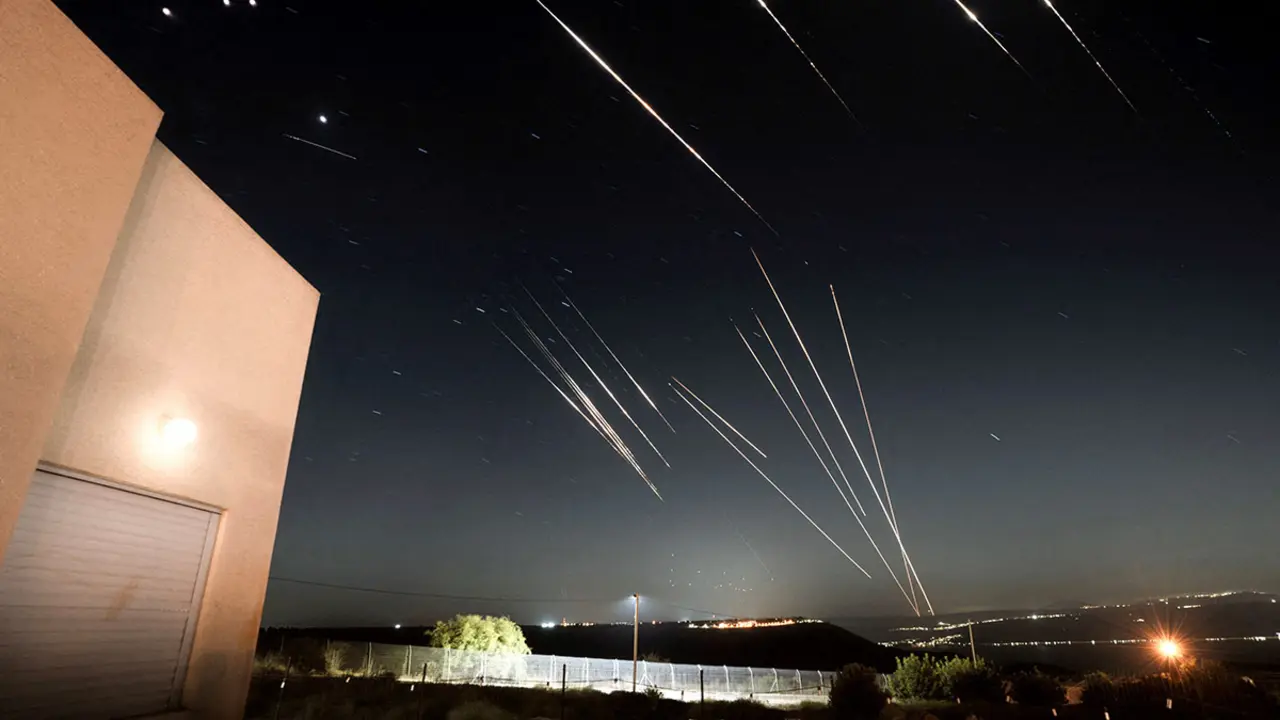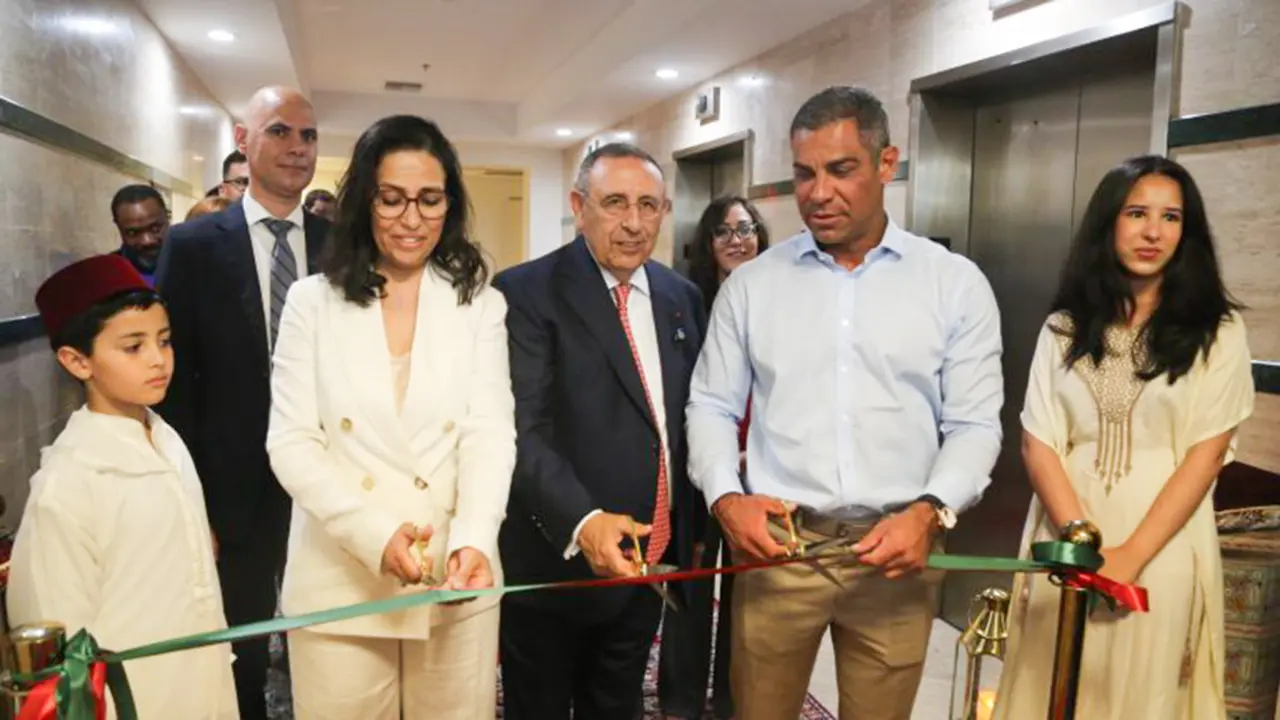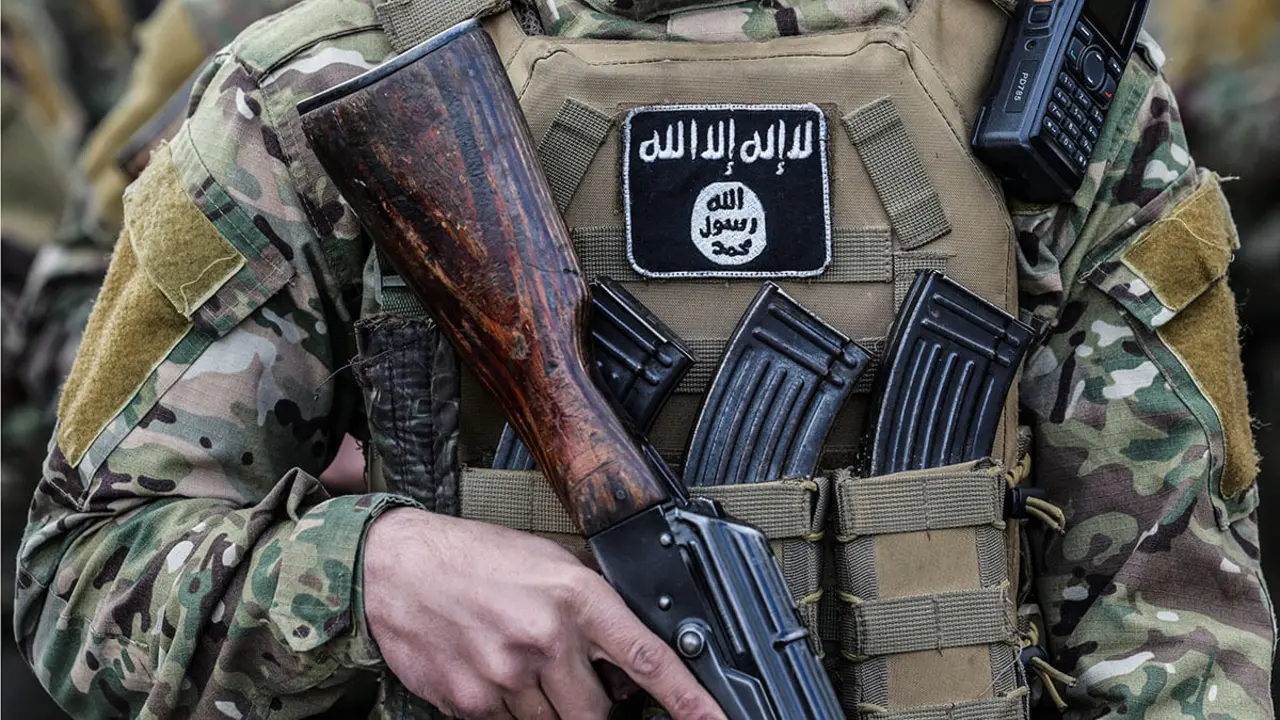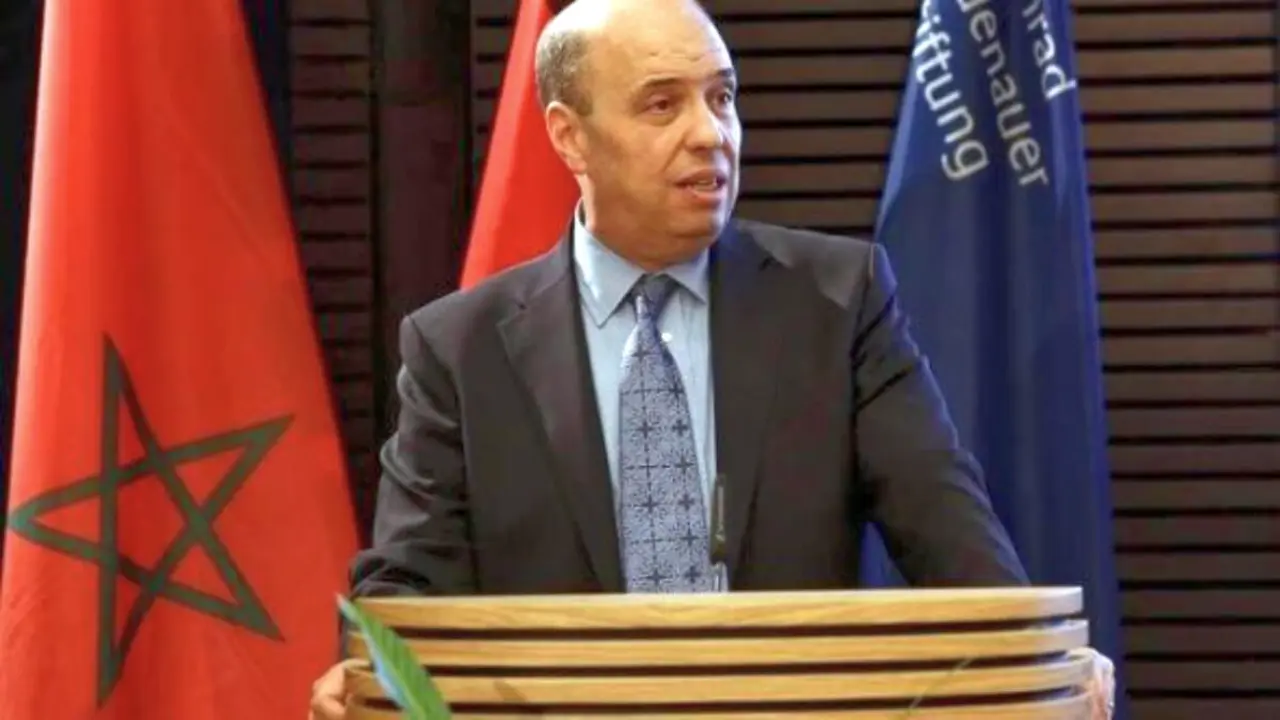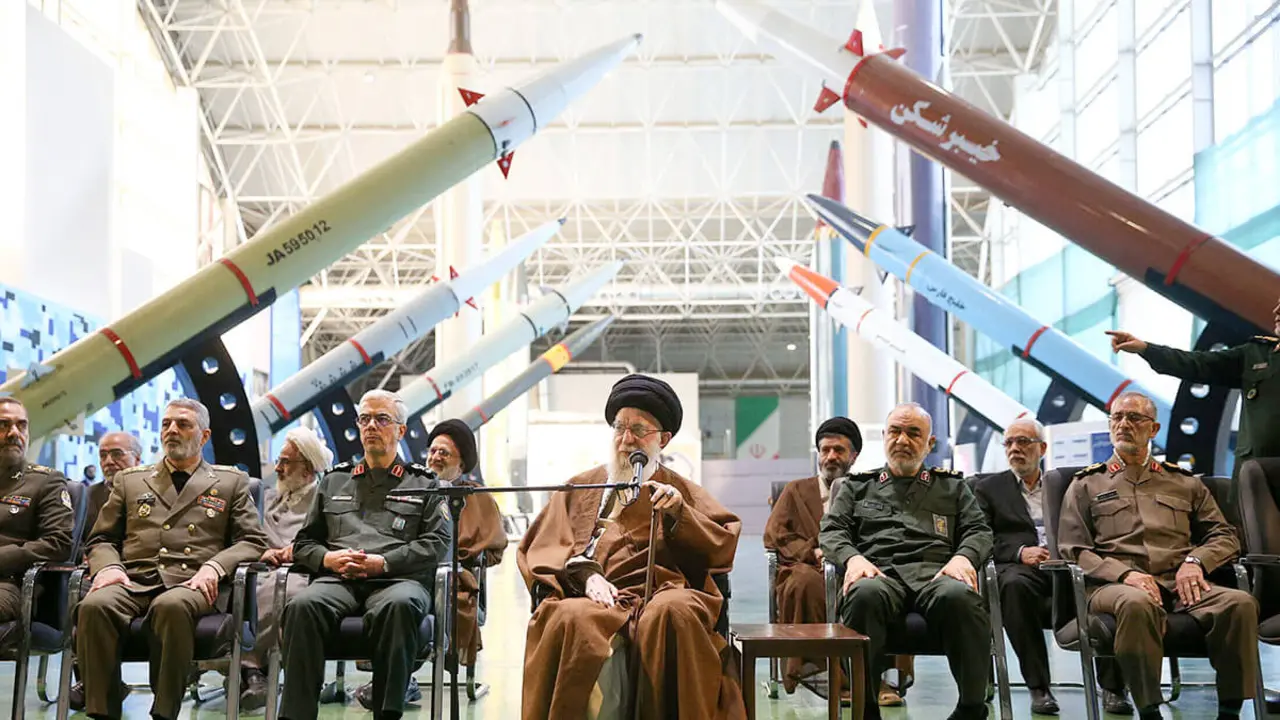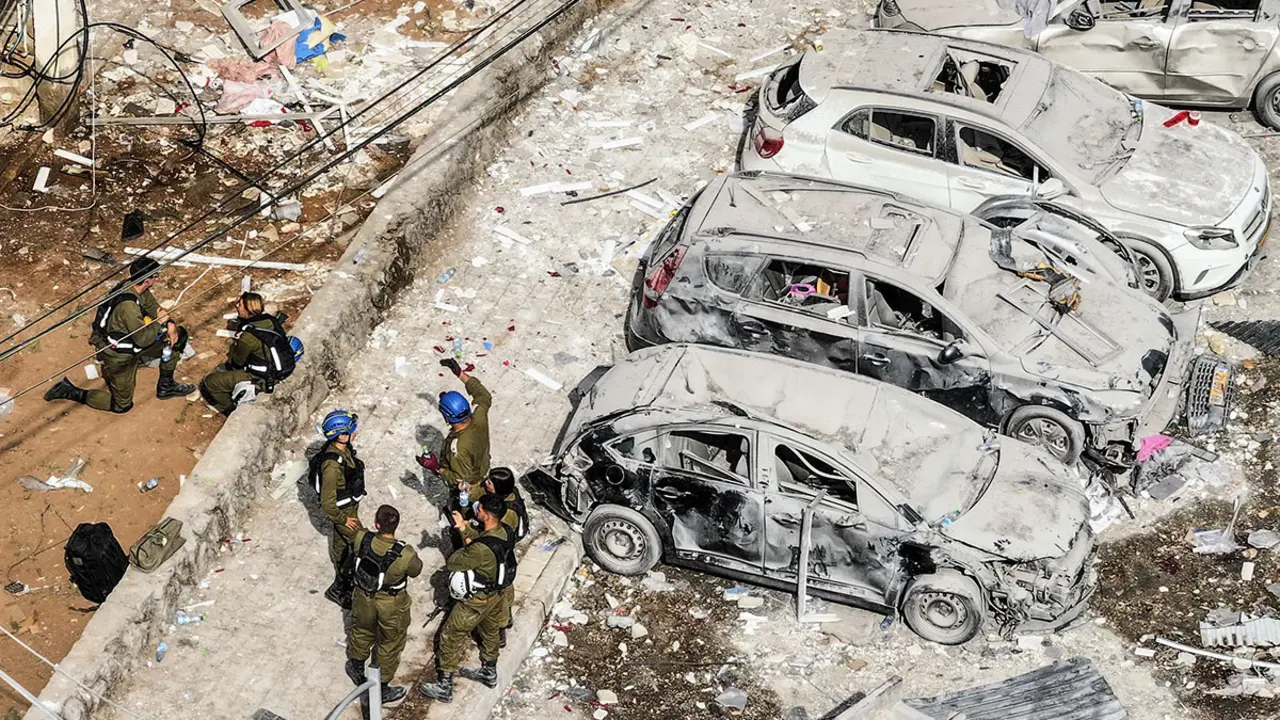Spain-Senegal relations: beyond the repatriation agreement

Last week, the Minister of Foreign Affairs, González Laya, signed an agreement in Dakar between Spain and Senegal to put an end to the migration crisis in the Canary Islands. A large number of the cayucos bound for the Canary Islands leave from Senegal, and close collaboration with this country is therefore essential in order to put an end to the problem of irregular immigration. The agreement revives the repatriations which, since the COVID crisis, have been paralysed by the closure of borders. The Canary Islands have not faced a similar migratory crisis since the Cayuco crisis in 2006. Following the 2006 crisis, Spain significantly strengthened its operational cooperation in combating irregular immigration and human trafficking with Senegal, having been a key partner in ending the crisis. This collaboration in the field of training and equipping members of the Senegalese state security forces with skills by the Spanish National Police and Guardia Civil has been crucial to ensuring that not a single patera has left Senegal for the Canary Islands between 2009 and 2017. If the situation has worsened so drastically, it has been due to the impact that the health crisis has had on West African economies.

In Dakar, Spain has two permanent Civil Guard boats and a National Police helicopter. An ocean-going vessel and a maritime patrol plane also travel regularly. Following the upsurge in the number of boats leaving Senegal, Spain is going to increase the number of troops and equipment on the ground, moving an ocean-going vessel with 25 personnel and a maritime patrol plane with 15, in order to reinforce maritime security in the area.
Although this agreement appears to have been signed with the aim of putting an end to immigration, diplomatic, military and economic relations between Spain and Senegal are growing closer by the day. The part of the agreement that has had the least impact is the convention on social security, which will provide greater protection for Senegalese workers and encourage regular immigration, with temporary contracts and in origin. This initiative further strengthens economic relations between the two countries. According to ICEX data, Senegal is the second largest customer in the sub-Saharan African region for Spain, after South Africa. Every year, the trade balance and the volume of exports grows, so at the end of last year it was decided to create the Spanish Chamber of Commerce in Senegal, which will be operational from 2020. Also in 2019, the government decided to increase development cooperation in Senegal by 125%, from 50 million euros in the period from 2014 to 2017 to 128 million in the period from 2019 to 2023. This cooperation will take the form of credit lines for the creation of micro-businesses and aid mainly for initiatives relating to the development of agricultural production, the decentralisation process and the creation of sanitation and drinking water infrastructure in the most vulnerable areas. On the cultural front, in 2019 Spain approved the creation of the Cervantes Institute in Dakar, which will be an extension of the Aula Cervantes, which has been operational in the country since 2010.

On the military front, the Senegalese authorities regularly ask Spain for help in reinforcing or generating the military capabilities of their security forces in the framework of a Cooperative Security Agreement between the two countries. The training is focused on combat and preparation activities in the fight against terrorism, and on training in various missions such as search and rescue tasks and the reconstruction of infrastructures. This cooperation in the military sphere began in 2014 as part of the Spanish defence diplomacy strategy, when the defence ministers of both countries signed a cooperation agreement to strengthen security in the area. Every year, specialised military personnel are deployed to train Senegalese soldiers in different areas (logistics, maritime surveillance, ground reconnaissance, etc.). Apart from training in the field of cooperative security and defence diplomacy actions, Spain has exported the concept of the Rapid Action Groups to the G5 Sahel countries and Senegal. Inspired by the Spanish RAG (Rural Action Groups), which were the most capable units in combating terrorism on the ground against ETA in the 80s, these groups are better adapted to the specific security needs of the Sahel countries. The concept of the RAGs has already been successfully exported to Iraq, providing the Iraqi security forces with capabilities in their fight against Daesh and al-Qaeda. In Senegal, this project is aimed at training and equipping Rapid Action Units that are better adapted to the specific security needs of the countries in the region. In these states, hybrid and cross-border threats mean that the differences between external and internal security are blurred. Therefore, the RAG-IS cover security demands more efficiently, taking into account the orography and real capabilities of the forces. This project is managed by FIIAPP, financed by the European Union, and led by the Spanish Guardia Civil, together with the French Gendarmerie, the Italian Carabinieri and the Portuguese Guarda Nacional Republicana. Deployed in Dakar since 2017, the programme was successfully implemented, turning the Senegalese RAG-SI unit into a fully operational unit with its base of operations near the Malian border.

Furthermore, Spain also has two T21 aircraft and 65 milliares of the Air Force Ivory Detachment on the ground in Dakar to contribute to the transport of the EUTM-Mali missions, the G5 Sahel Joint Force, MINUSMA and, chiefly, Operation Barkhane. Until April 2020, Spain also had a detachment in Gabon which was restructured, concentrating all operations at the Senegalese base. Spain deployed the Ivory Coast detachment for the first time in 2013 to collaborate with France in Operation Serval, which was subsequently absorbed by Operation Barkhane to combat Jihadism in the Sahel region.


